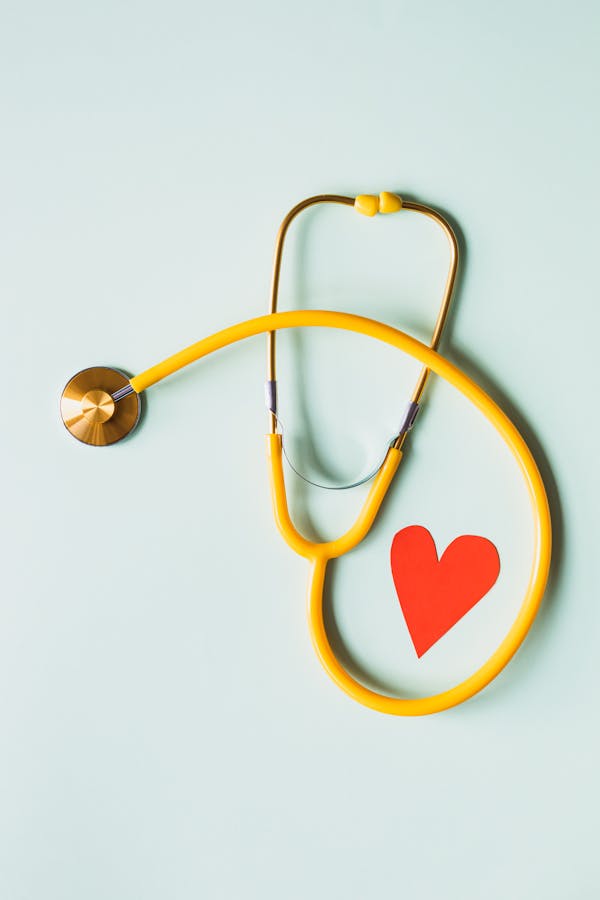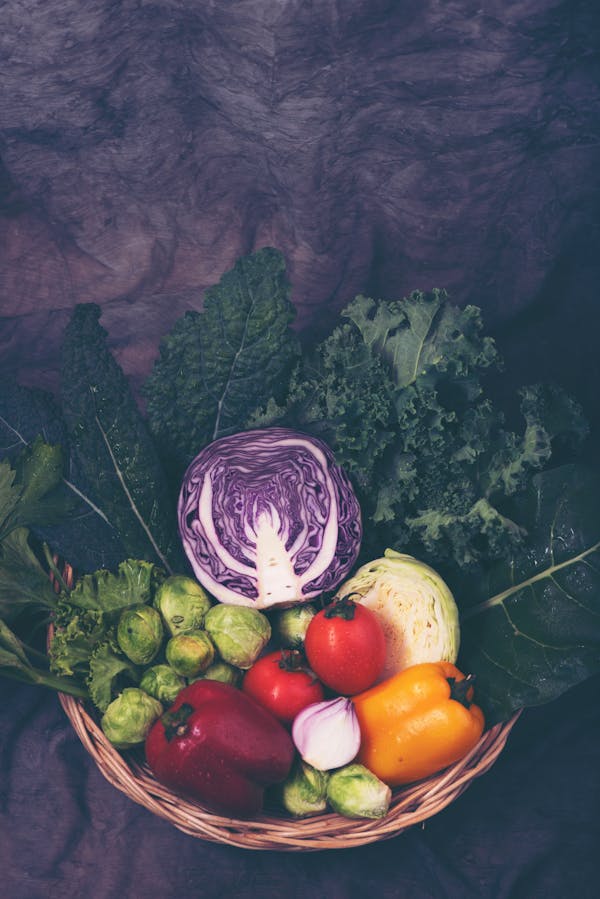Understanding Cholesterol
Myths, facts, and how it really affects your health - including the truth about eggs
The Egg Controversy
In 1968, the American Heart Association proclaimed an influence on people's diets. They recommended people avoid eating more than 3 eggs a week. The reasoning was that the cholesterol packed into the egg yolk could increase cardiovascular disease risk, but the reality is more complicated.


The Complete Picture of Digestion
Let's deep dive into the complete picture of digestion to understand the 'why'. As your body processes a meal, it emulsifies fats into lipid droplets that get absorbed in your small intestine. As they make their way to various tissues, including your liver, specialized cells will unpack and reassemble them into lipid-protein packages called lipoproteins. These are optimized to be flown through your bloodstream.
These lipoproteins are composed of different ratios of protein and fat; hence, their density varies. VLDL (Very Low Density Lipoprotein) is packed with fatty molecules like triglycerides and cholesterol. They deliver lipids to your muscles and fat cells for storage and energy provision, which are later transformed into LDL (Low-Density Lipoprotein).
LDL is the "bad" cholesterol associated with cardiovascular disease.
What is Cholesterol & How Does It Affect Your Health?
Cholesterol is a waxy, fat-like substance that helps your body build healthy cells, make hormones, and assist in digestion. High levels of cholesterol (LDL) can lead to plaque within your arteries, leading to narrowing and hardening, known as atherosclerosis. You are likely to suffer health problems like a heart attack and stroke.


Different Types of Cholesterol
LDL (Bad Cholesterol)
Low-density lipoprotein (LDL), also called bad cholesterol. It is a high-level cholesterol where plaque builds in your arteries. If you have LDL, make sure to consume fish like salmon, mackerel. Furthermore, eat walnuts, fruits, vegetables, and whole grains. Include healthy fats such as avocados and olive oil.
HDL (Good Cholesterol)
High-density lipoprotein is the good cholesterol, as it absorbs cholesterol in the blood and carries it back to the liver to be eliminated from the body. This helps in lessening the risk of cardiovascular disease. Consume especially berries and vegetables with proper exercise.
VLDL (Bad Cholesterol)
Very low-density lipoprotein is made by the liver, wherein the process is to transport triglycerides from the liver to body tissues for energy and storage. High levels of it are considered bad cholesterol that contributes to similar trouble as LDL.
Why Is Cholesterol So Important?


Key Functions of Cholesterol
Builds cell membrane: Cholesterol integrates into the cell membrane, where, in warm temperatures, it can be more stable and less fluid, and to prevent it from stiffening in cold temperatures.
Produces Vitamin D3: Your skin contains 7-dehydrocholesterol (7-DHC), wherein the UVB radiation from sunlight, when it touches our skin, converts 7-DHC into pre-vitamin D3. This quickly turns into D3, then the liver metabolizes vitamin D3 into calcitriol.
Synthesizes hormones: Your body utilizes cholesterol in preparing steroid hormones for sex, such as estrogen and testosterone; even stress hormones like cortisol enter the picture. Enzymes modify cholesterol step-by-step to form various hormones.
Helps in digestion: The liver uses cholesterol to make bile acids. These bile acids help in emulsification, where dietary fats are broken down into small droplets for absorption.
Repairs tissues: Cholesterol assists in fixing damaged tissues. When injured, cholesterol-carrying particles help in healing and reduce swelling.
Supports cell function: Cholesterol aids cell membranes in staying flexible and strong, and also helps in building hormones and vitamin D.
Where Does Cholesterol Come From?


The liver produces cholesterol to meet the body's needs for hormones, vitamin D, and other substances, as well as to process food, mostly animal products like meat, poultry, and dairy, which are high in saturated and trans fats.
Expert Advice on Managing Cholesterol
Medical professionals share their views on lifestyle changes and treatments for managing high cholesterol and reducing heart disease risk
"Low-fat diet and regular walking, and Arora statin."
- paikeshava@gmail.com"Lifestyle changes: Dietary modification with a high fibre, low trans fat diet, increased physical activity. Medical treatment: Statins"
- joannbaptist@gmail.com"Diet with no trans fat and processed food, brisk walk for 30-45 minutes, regular exercise, avoiding alcohol and tobacco use. If cholesterol levels are uncontrolled, statins can be given as pharmacological or medical management."
- priyankadsouza93@gmail.com"To manage high cholesterol and reduce heart disease risk, adopt a heart-healthy lifestyle by eating a diet low in saturated and trans fats while rich in soluble fiber and omega-3 fatty acids, exercising regularly (at least 150 minutes of moderate activity per week), maintaining a healthy weight, avoiding tobacco, and limiting alcohol."
- kashyapaa26@gmail.com"Exercise"
- keerthanamkk8@gmail.com"Exercise, stop smoking, reduce sugar and oil intake, statins."
- krpgopal32@gmail.com"Exercise with cardio/ muscle strengthening, and weight training. Diet changes with more fibre, high protein, low sugar, and healthy fats. Statins for high cholesterol."
- dr.prima.dsouza@gmail.com"Avoid fried food"
- akshayakamath43@gmail.com"Diet and exercise"
- haroldmaximlewis30@gmail.com"Lifestyle changes: Eating healthy food, Regular exercise, Reduce oily food. Take more fresh fruits and vegetables."
- vivgopi12345@gmail.com"I am an Associate Professor in the Department of Emergency Medicine. To keep your heart healthy, eat plenty of fruits, vegetables, whole grains, and lean proteins, and avoid fatty and processed foods. Maintain a healthy weight with a balanced diet and regular exercise..."
- sanjan.asanar@gmail.com"Lifestyle Changes: Adopt a heart-healthy diet, Eat more omega-3 fatty acids, Limit red meat and processed meat, Exercise regularly, Maintain a healthy weight, Quit smoking & Limit alcohol consumption, Reduce intake of refined sugars, Manage stress."
- vasudhakoingaje85@gmail.com
Comments